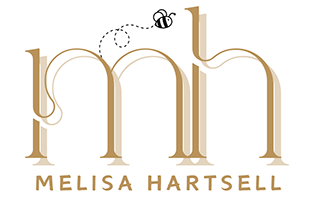In the relentless cycle of caregiving, recognizing burnout is akin to distinguishing between stress and a deeper, more chronic exhaustion. It’s the realization that your role has drained you beyond what rest can replenish, creating a detachment from the life and love that once brought you joy. Accepting this is not admitting defeat but a brave step toward reclaiming your well-being.
Self-care is not selfish; it’s necessary. It’s about prioritizing your well-being to sustain the love and care you offer so generously to others. This might mean simple rituals that carve out moments just for you, where guilt has no place. It’s about setting boundaries, saying ‘NO’ when needed, and allowing yourself the grace of rest and rejuvenation.
Connecting with others who understand can be the most comforting space, reminding you that it’s okay to seek help and to adjust your boundaries for your well-being. It can be as simple as a daily walk that’s just for your thoughts, or a weekly outing that reminds you of the person you were before responsibilities swelled into obligations.
It’s about finding a sustainable path through the responsibilities of caregiving, ensuring you’re not just surviving, but thriving.
Recognizing the signs of burnout is crucial in steering your story toward balance and self-discovery. Caregiving is a vast narrative filled with challenges, but also immense love and resilience.
By acknowledging your needs, you strengthen the foundation of care for your loved ones. Burnout is not an end, but a signpost for change, signaling the need for a new chapter—one where your well-being is as much a priority as those you care for.
You are the creator of this story; you have the power to redefine it, ensuring it’s a story not just of caregiving, but of personal growth and fulfillment.


 “To Inspire the World to understand and appreciate the true value of people with disabilities, through education, increased awareness, and charitable support.”
“To Inspire the World to understand and appreciate the true value of people with disabilities, through education, increased awareness, and charitable support.”
Recent Comments